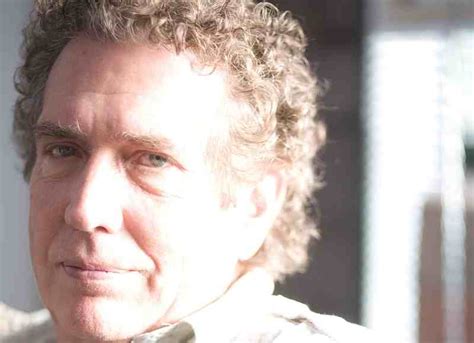A Quote by Paul Dano
I think the idea is to try and understand everything about the characters and where the character is coming from, from their point of view, why they say what they do. And not, 'Oh, but I would never say that. Why does the character say that?' But then making it as personal as possible.
Related Quotes
If you are uninterested in what I say, there's an end to it. If you like what I say, please try to understand which previous influences have made you like it. If you like some of the things I say, and dislike others, you could try to understand why. If you dislike all I say, why not try to find out what formed your attitude?
When you are writing, you have to love all your characters. If you're writing something from a minor character's point of view, you really need to stop and say the purpose of this character isn't to be somebody's sidekick or to come in and put the horse in the stable. The purpose of this character is you're getting a little window into that character's life and that character's day. You have to write them as if they're not a minor character, because they do have their own things going on.
Casting is everything. Getting the person that you imagined is this character and then seeing what they bring to it.That's why you hire them, so why tell somebody first what it is you want? I'm more curious to see what they bring to it and then be inspired by it and say: "OK, what if you tried this?" or "What would happen if ... ?"
I'm a husband and a dad. Two thirds of my day is spent being that character. It's a huge part of my identity and why I pursue things I do. I'm interested in questions my son asks me, like, "Why do animals fight? Why do you have to leave us to go on the road?" Everything he asks gets me thinking. If I'm going to do this, sacrifice time with family and friends, sacrifice resources, I need to think carefully about what I going to say and how I'm going to say it.
Yes, it's in my left ear. It's excruciating... I mean, it's the worst thing 'cause it's not... It never... It does go away - it's not true to say that it doesn't but, uhh... It doesn't... The doctors say it won't... It isn't actually going away - you've just gotta suppress... They try to come to terms with what it actually... Why some people fear it - that's the psychology behind it. They know it's there but why is it such a horrible sound? Well, you can say why is a guy scratching at a window with his nails such a horrible sound - I couldn't put up with that! This is worse!
Being critical of art is a way of showing art respect. No sports writer would say, "Well the Yankees had a great season this year." No food critic would get a bad meal and say, "Oh, it was so lovely." It always strikes me as odd when people say, "Why do you write negatively about any art?" I think that everybody has mixed feelings about everything - even Goya. I mean, I look at Rembrandt sometimes and I hear a voice in my head go, "It's pretty brown."
I actually think that my films are intellectual. I think almost everything I do is intellectual, but I would never say that, because that's a compliment. That's up to others to say about me. The same way, I would never say I do art. I think art is up to history. It's up to other people to utter that word. So I try to be humble.



































